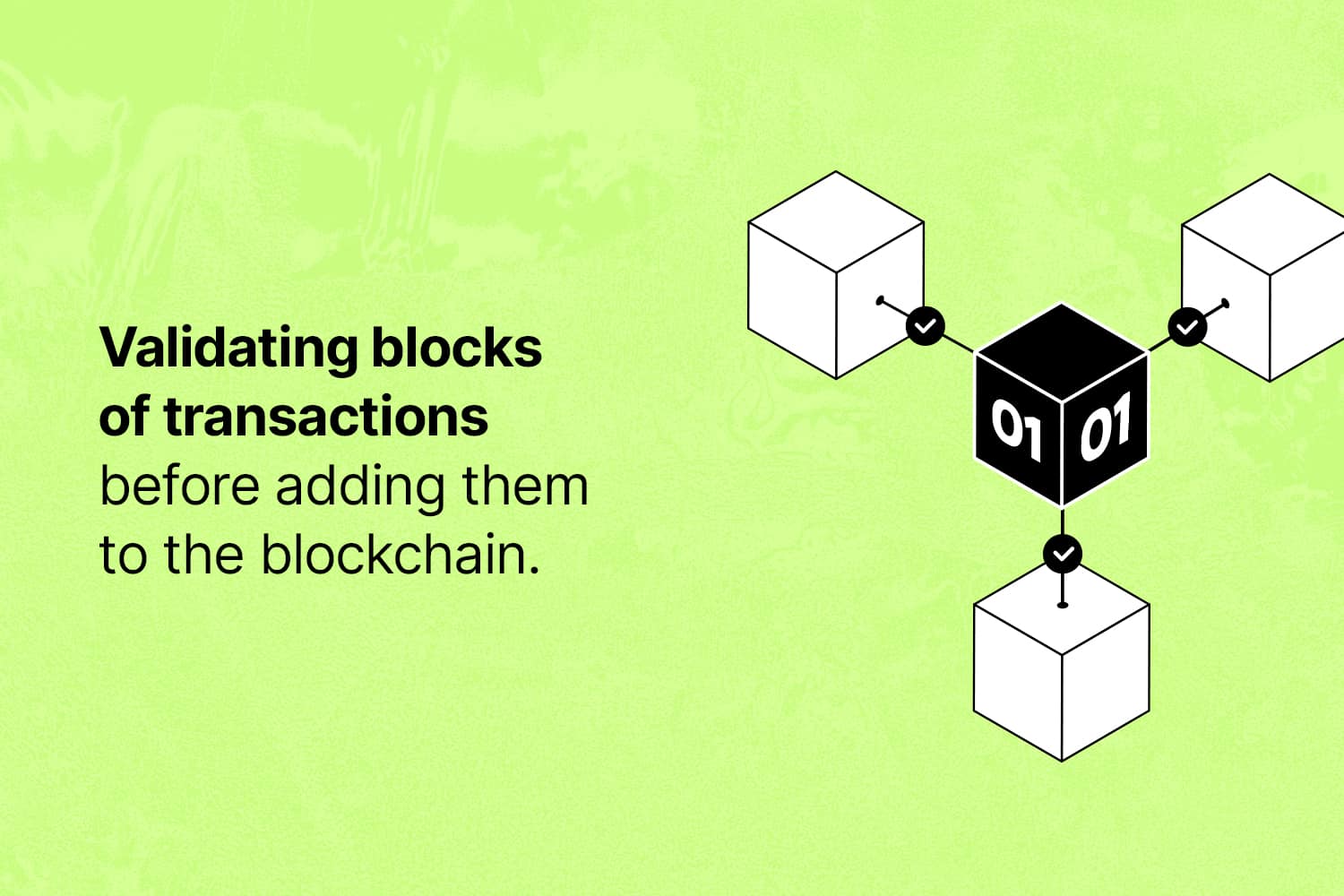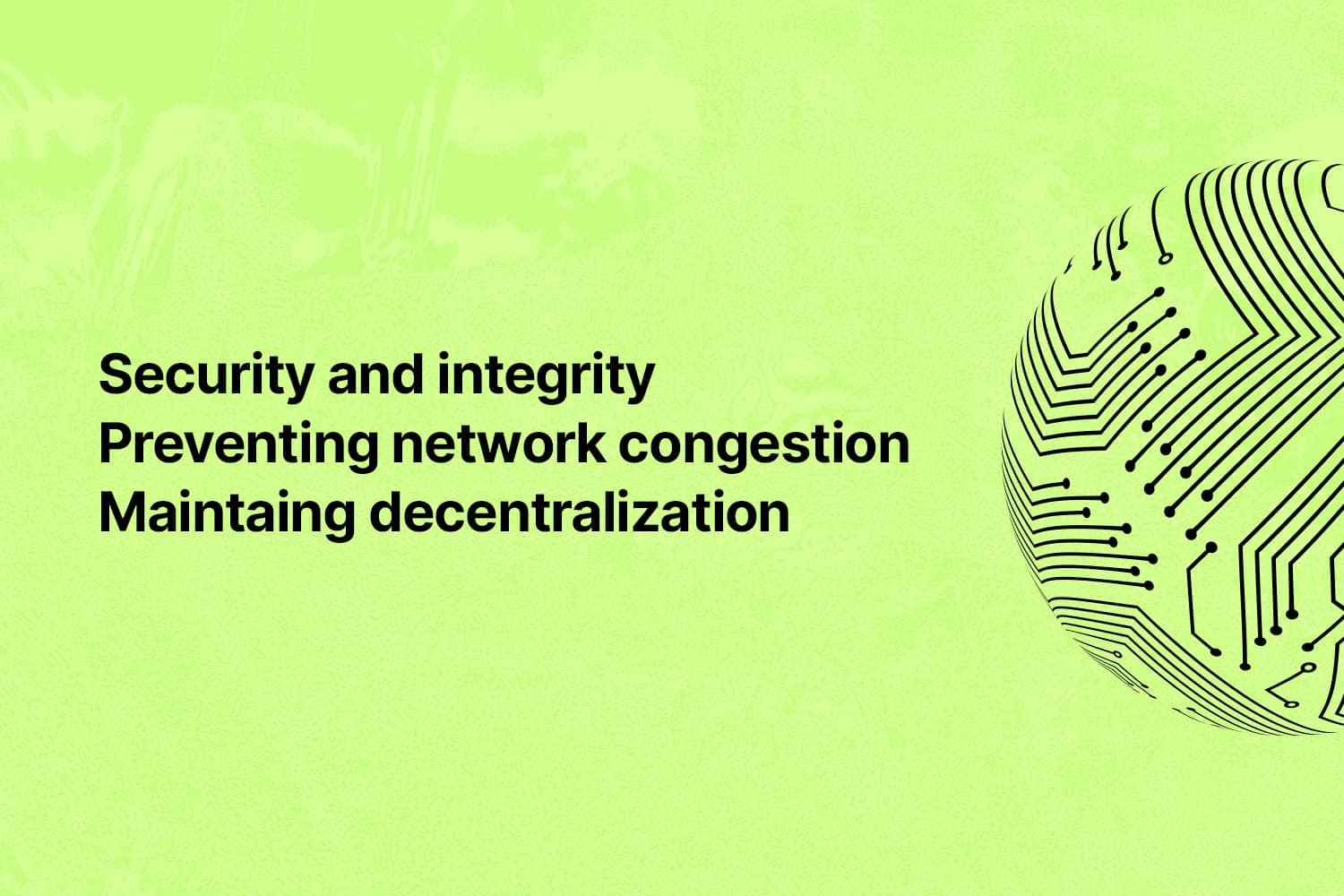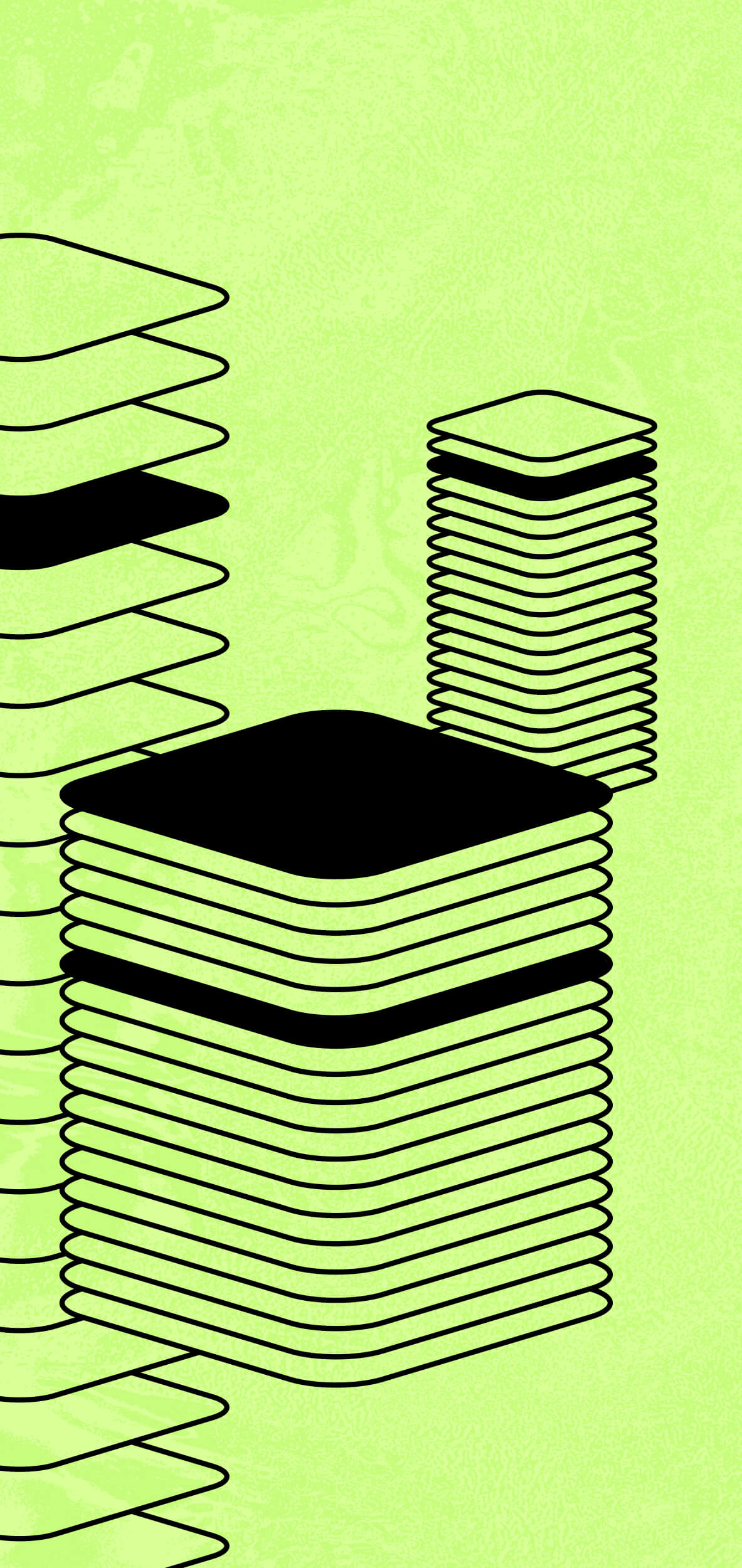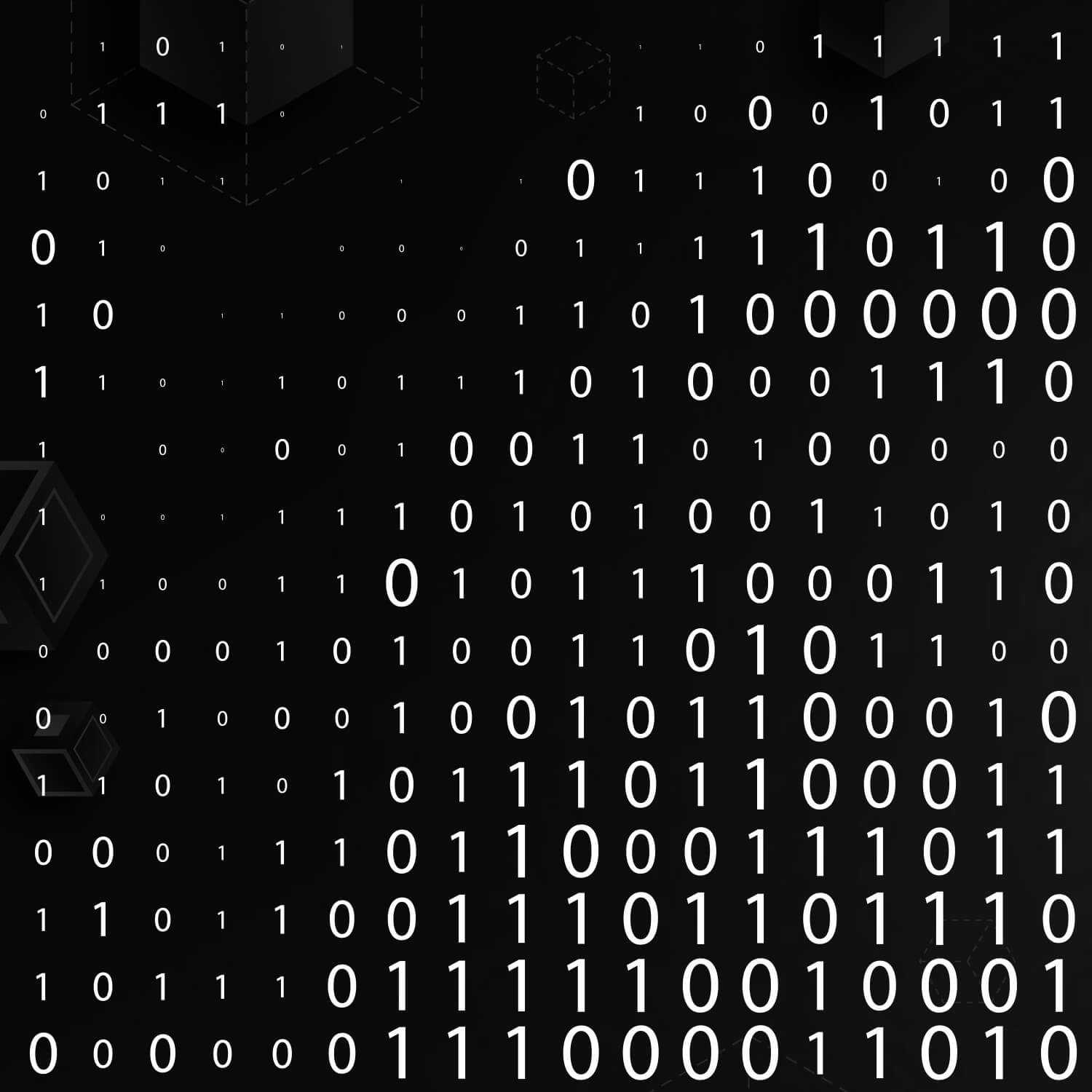Blockchain technology has revolutionized the way we conduct transactions and exchange information online. At the heart of this innovation is a decentralized ledger that allows for secure and transparent data sharing without the need for intermediaries. However, the integrity and security of the blockchain depend on a critical component known as validators. In this blog post, we will explore the role of validators in maintaining the integrity and security of the blockchain.
What are Validators?

Validators are nodes or participants in the blockchain network that are responsible for verifying transactions and ensuring that the information added to the blockchain is accurate and consistent. They play a critical role in maintaining the blockchain’s integrity by ensuring that all transactions are valid, and the data added to the ledger is authentic.
Validators work by validating blocks of transactions before adding them to the blockchain. The validation process involves verifying the authenticity of each transaction, checking for any duplicate transactions or double-spending attempts, and ensuring that the transactions comply with the network’s rules and regulations. Validators also check the cryptographic hashes of the blocks to ensure that they have not been tampered with or altered.
Types of Validators
There are different types of validators in the blockchain network, including:
- Full Validators: These are nodes that download and validate every transaction and block in the blockchain. They store a complete copy of the blockchain and are responsible for validating transactions and adding them to the network.
- Light Validators: These validators do not store a full copy of the blockchain but rely on other full validators to verify transactions. They are less resource-intensive and are ideal for low-power devices such as smartphones and IoT devices.
- Proof of Stake Validators: These validators use a consensus mechanism known as proof of stake to validate transactions. Validators are chosen based on the number of tokens they hold, and they are incentivized to maintain the blockchain’s security and integrity by earning rewards for their efforts.
The Role of Validators in Maintaining Blockchain Security

The blockchain’s security and integrity depend on validators, and they play a crucial role in maintaining the network’s stability. Validators are responsible for detecting and preventing attacks such as double-spending, 51% attacks, and other forms of fraud that can compromise the blockchain’s security.
Validators also help to prevent network congestion by ensuring that transactions are processed efficiently and in a timely manner. They are responsible for prioritizing transactions based on their value, and this helps to ensure that the network can handle a high volume of transactions without delays or congestion.
Furthermore, validators help to maintain the blockchain’s decentralized nature by preventing any one entity from having too much control over the network. Validators work together to reach a consensus on which transactions should be added to the blockchain, and this ensures that the network operates in a democratic and transparent manner.
Validators also help to prevent errors and inconsistencies in the blockchain’s data by ensuring that all transactions are validated before they are added to the network. This helps to ensure that the blockchain remains accurate and consistent, and it also makes it difficult for anyone to alter or manipulate the data on the blockchain.
Conclusion
In conclusion, validators play a critical role in maintaining the integrity and security of the blockchain. They are responsible for validating transactions, ensuring that the network is secure and decentralized, and preventing errors and inconsistencies in the blockchain’s data. Validators are essential for the proper functioning of the blockchain, and their work helps to ensure that this revolutionary technology continues to thrive and transform the way we conduct transactions and exchange information online.

